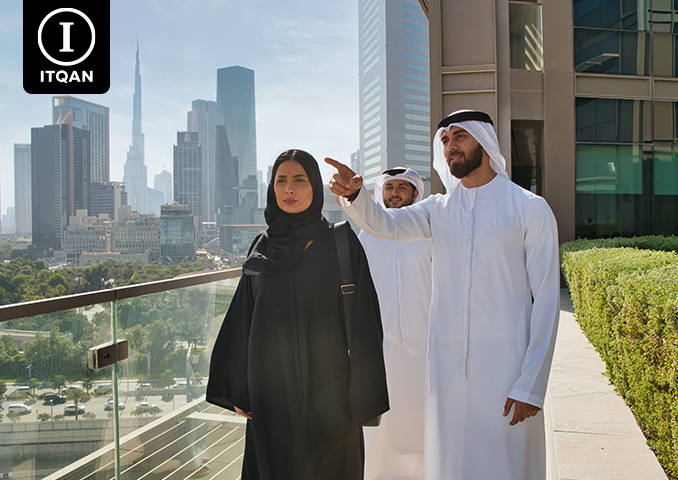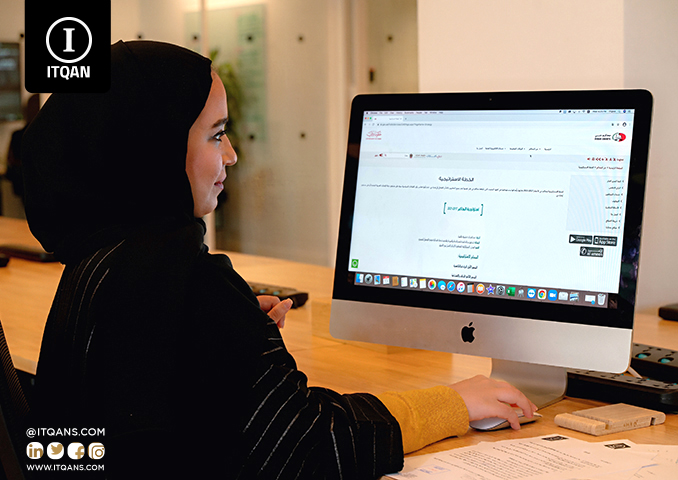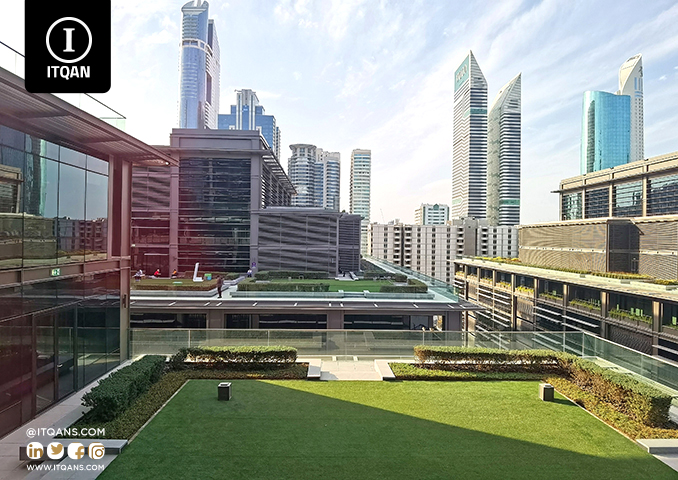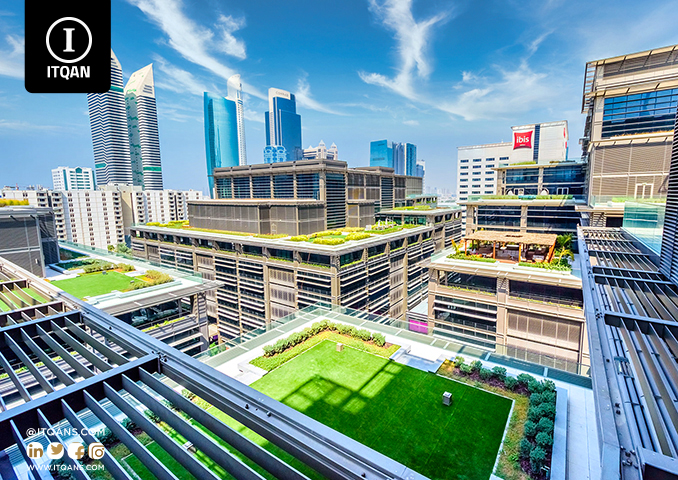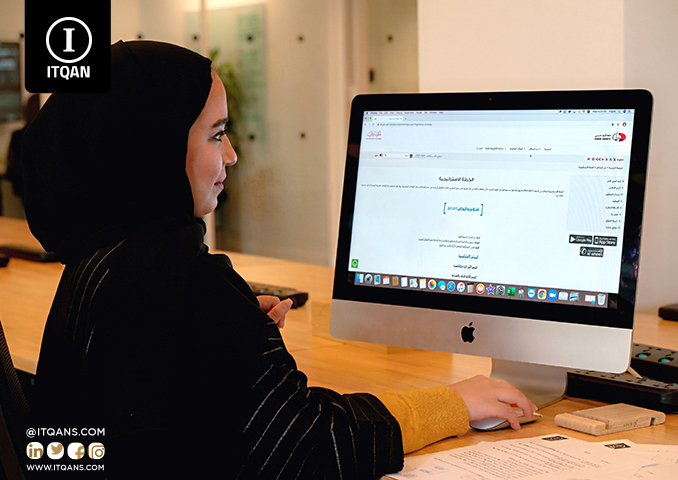Dubai is considered one of the most prominent global investment destinations, as it combines a dynamic economic environment, advanced infrastructure, and attractive government facilities. Thanks to its strategic location in the heart of the world and its seamless connection to global markets, Dubai has become a major hub for international business and trade. Dubai’s investment laws play a crucial role in encouraging investors from all over the world to come and invest in the city. In this article, we will review the most important laws and legislation that govern investment in Dubai , in addition to the advantages that make Dubai an ideal choice for investors.

Accommodation in Dubai
Dubai is considered one of the most prominent global residence destinations thanks to the many benefits it provides to residents. Living in Dubai means benefiting from a high level of infrastructure and services, in addition to the excellent quality of life that the city offers. Residents of Dubai enjoy a developed transportation system, including the metro, buses, and private cars, making transportation within the city easy and convenient.
In terms of housing, Dubai offers a variety of options from luxury apartments to spacious villas, to suit different tastes and budgets. The city is also famous for the presence of many modern residential complexes that contain integrated facilities such as swimming pools, gyms, and green areas.
From an economic standpoint, Dubai offers a stimulating business environment, with many opportunities in different sectors such as technology, finance, business, and tourism. The tax system in Dubai is also considered attractive, as the city allows residents to benefit from income tax exemptions, which enhances its attractiveness as a global business center.
In addition, Dubai enjoys a strategic location linking East and West, making it easy to travel to many international destinations. The city is also characterized by great cultural diversity, as residents can enjoy a wide range of cultural events, international restaurants, and commercial centers.
To obtain residency in Dubai, you can apply for residence visas that come in different types depending on the purpose of residence, whether it is for work, investment, or joining a family. It is also necessary to adhere to local laws and periodically renew visas to ensure legal and continuous residency.
Investing in Dubai
Dubai is one of the most prominent global investment destinations thanks to its strategic location, advanced infrastructure, and flexible business environment. Investing in Dubai is an attractive opportunity for investors from all over the world, as the city offers a distinguished investment environment that supports growth and innovation.
One of the main reasons for Dubai’s attractiveness is its diversified economic system. Dubai is witnessing remarkable growth in multiple sectors such as real estate, hospitality, trade, technology, and energy. The city benefits from its unique geographical location as a regional commercial center linking East and West, making it an ideal starting point for expansion into the Middle East, Asian and African markets.
Dubai also has a legal environment conducive to investment, as it offers a range of free zones that provide benefits such as full exemption from taxes on companies and profits, full foreign ownership, and simplified company registration procedures. These free zones allow investors to get the most out of their investments without complex legal restrictions.
Moreover, Dubai’s advanced infrastructure contributes to enhancing its competitiveness. From modern ports and airports to an advanced transportation network, Dubai provides all the necessary elements to facilitate business and investment operations. This progress in infrastructure enhances the city’s ability to accommodate large and diverse projects.
Finally, the Dubai government is constantly seeking to improve the business environment by implementing development initiatives and projects aimed at attracting investments and promoting economic growth. Government support programs, such as facilitating licensing and visa procedures, make Dubai an ideal destination for investors who want to achieve success and prosperity in new markets.
Conditions for investment in Dubai
There are a number of conditions that must be met to invest in Dubai. These conditions may vary depending on the type of investment and the economic activity associated with it. Below are some general conditions that may apply to investing in Dubai:
- Company License: Investors must obtain a company license from the relevant authorities in Dubai. This includes submitting the required documents and the legal and financial file of the proposed company.
- Required Capital: Investing in some economic sectors and activities in Dubai may require a specific minimum capital. Investors must provide the required capital and provide appropriate financial proofs.
- Compliance with Laws and Regulations: Investors must comply with all local and federal laws and regulations applicable in Dubai. Companies and investors must comply with labor, tax, intellectual property, and other relevant laws.
- Obtaining a residence visa: Investors who wish to invest in Dubai must obtain a valid residence visa. Investors must follow the specified procedures and submit the required documents to obtain a residence visa.
- Commitment to conditions related to economic activity: Investors need to adhere to specific conditions related to the economic activity in which they wish to invest. Some economic activities may require additional licenses or special approvals.
- Business Visa: Investing in Dubai may require a business visa. Investors must adhere to the terms of the business visa and submit the required documents to obtain it.
These are some general conditions for investing in Dubai. However, investors should inquire directly with the competent authorities in Dubai and review current information and precise details regarding the specific conditions for the type of investment they are interested in in the United Arab Emirates, including Dubai.
Investment opportunities in Dubai
Investment opportunities in Dubai are diverse and cover many economic sectors. Here are the most prominent areas that offer attractive opportunities for investors:
- Real Estate: Dubai is one of the active real estate markets, offering various residential and commercial projects. There is a continuing demand for residential and commercial properties thanks to population and economic growth, providing lucrative investment opportunities.
- Hospitality and Tourism: With the increasing number of tourists and visitors, the hospitality industry is a strong investment opportunity. Dubai is investing heavily in developing hotels and tourist facilities to attract visitors, making the sector attractive to investors.
- Technology and innovation: Dubai seeks to strengthen its position as a technology hub. The city provides opportunities to invest in advanced technology, such as artificial intelligence, information technology, and digital innovations.
- Trade and retail: Dubai is a major commercial hub, including e-commerce. The city offers investment opportunities in the retail and wholesale markets thanks to its strategic location and advanced infrastructure.
- Renewable energy: With the move towards sustainability, Dubai offers opportunities in renewable energy projects, including solar energy. Dubai invests in green projects, providing investment opportunities in this field.
- Health and Education: There are opportunities in the health and education sectors thanks to population growth and the demand for advanced medical and educational services. Dubai offers investment opportunities in hospitals, schools and educational centres.
Investment laws in Dubai
Investment laws in Dubai are developed and flexible, which enhances the city’s attractiveness as a global investment center. These laws include multiple regulations aimed at facilitating the business environment, ensuring transparency, and protecting rights. Here are the most prominent investment laws in Dubai:
- Commercial Companies Law: This law regulates the types of companies that can be established in Dubai, such as limited liability companies, joint stock companies, and sole proprietorships. The law also specifies the requirements for establishing companies, ownership percentages, and necessary legal procedures.
- Free Zone Law: Dubai offers several free zones that provide special benefits to investors, such as full ownership by foreigners, tax exemption, and simplified registration procedures. The law also includes specific conditions for corporate activities within these zones.
- Foreign Investment Law: This law allows foreigners to invest in various sectors within Dubai, while providing guarantees of 100% foreign ownership in some free zones. The law also regulates the conditions necessary for establishing companies and registering investments.
- Insolvency Law: This law aims to provide a clear legal framework for dealing with bankruptcy and insolvency cases, which guarantees the rights of creditors and helps companies in financial restructuring in transparent and fair ways.
- Consumer Protection Law: This law regulates the rights of consumers and guarantees the quality of services and goods provided. It aims to protect companies and investors from unfair business practices and guarantee their rights in the markets.
- Labor Law: This law defines the rights and duties of workers and employers, including working conditions, wages, working hours, and social insurance. It also regulates the procedures for hiring foreign workers and the required licenses.
- Intellectual Property Law: This law protects intellectual property rights such as copyrights, trademarks, and patents. It aims to encourage innovation and protect the business interests of investors.
- Tax laws and fees: Dubai provides an encouraging tax system, as companies are exempt from corporate tax on profits in many free zones. However, there are laws that impose fees on some activities, such as value added (VAT) of 5% on goods and services.
Advantages of investment laws in Dubai
Investment laws in Dubai provide a set of advantages that make the city a preferred destination for investment. Here are some of the key features of Dubai’s investment laws:
- Freedom of ownership: Dubai’s investment laws provide complete freedom to foreign investors to own properties and assets in the city. This means that investors can establish their companies and own real estate without needing a local partner or specific capital.
- Tax breaks: Dubai investment laws provide a wide range of tax breaks for companies and investors. This includes not imposing income tax on companies and individuals, and not imposing a tax on profits invested or sent abroad.
- Financial Facilities: Dubai’s investment laws provide financial facilities to investors, such as soft loans, government financing, and assistance in obtaining bank financing. This helps finance projects and accelerate growth and expansion processes.
- Access to the regional market: Dubai is considered a gateway to access the Middle East, Africa and South Asia market. The advanced infrastructure and advantageous geographical location provide great opportunities to expand business and trade to these promising markets.
- Political and security stability: Dubai enjoys political and security stability, which enhances confidence among investors. Legal and regulatory investment laws ensure stability and protection for investors and their assets.
- Advanced infrastructure: Dubai has advanced infrastructure and modern facilities that support business, such as international ports and airports, free zones and specialized financial zones. This advanced infrastructure facilitates business procedures and enhances efficiency and flexibility.
In short, Dubai’s investment laws provide legal, regulatory and financial advantages that make the city an attractive destination
The purpose of investment laws in Dubai
The main objective of investment laws in Dubai is to create a suitable and attractive investment environment for investors, and to provide a legal and regulatory framework that achieves stability and economic development in the city. Among the main objectives of Dubai’s investment laws are:
- Attracting foreign investment: Dubai’s investment law aims to attract foreign investment and increase the flow of capital, technology and knowledge into the city. By providing benefits and facilities to foreign investors, international cooperation is enhanced and foreign direct investment is stimulated.
- Promoting economic development: The Dubai Investment Law aims to promote sustainable economic development in the city and enhance competitiveness. By providing a favorable investment environment, the creation of new projects is encouraged, productivity is increased, innovation is enhanced, and job creation is created.
- Providing protection and security for investors: Investment laws in Dubai aim to protect the rights of investors and provide legal and regulatory security. Procedures and controls are defined to ensure that contracts are executed fairly and that proprietary and intellectual property rights are maintained.
- Stimulating innovation and technology: Dubai’s investment laws seek to encourage innovation and the application of modern technologies in business operations. Support and facilities are provided to startups and technology companies to develop new ideas and provide innovative products and services.
- Revitalizing key economic sectors: Dubai’s investment laws aim to revitalize the city’s vital economic sectors. Such as real estate, tourism, technology and free trade. Facilities, tax exemptions and investment encouragement are provided in these sectors to enhance economic growth.
In conclusion, it can be said that Dubai represents an attractive and distinguished investment destination thanks to a set of factors that make it an ideal environment for business. From the stable economy and various government facilities, to the advanced infrastructure, all of these elements contribute to providing an encouraging and safe investment climate. The diversity of types of commercial licenses, such as the free zone license, the general trade license, and the professional license, allows investors to choose what is most appropriate to the nature of their business and their needs.
In addition, clear and transparent legal requirements, from commercial registration and visa acquisition, to compliance with financial controls, contribute to providing an orderly legal environment that guarantees the rights of investors and helps them achieve their goals efficiently and effectively.
Deciding to invest in Dubai can be a successful strategic move that opens new horizons for growth and expansion in a diverse global market. Therefore, carefully studying the laws and requirements and good planning can contribute significantly to achieving the success and sustainability of any investment project in this dynamic emirate.
The most frequently asked questions about investing in Dubai
What are the advantages of investing in Dubai?
Dubai offers multiple advantages such as tax exemptions, a supportive business environment, full foreign ownership in free zones, advanced infrastructure, and a strategic location linking East and West.
What types of companies can be established in Dubai?
Various companies can be established, such as limited liability companies, joint stock companies, sole proprietorships, and free zone companies. The choice of type depends on the company’s activity and the investor’s preferences.
What are the steps to start investing in Dubai?
The main steps include determining the type of company, choosing its location, submitting an application for licenses, preparing the required documents, opening a bank account, and registering the company with the competent authorities.
What are the costs associated with investing in Dubai?
Costs include licensing fees, rental costs, staffing costs, and other operating expenses. These costs can vary depending on the type and size of the business.
What are the documents required to establish a company in Dubai?
Documents include a valid passport, personal photographs, rental contract, registration application, and business details. Requirements may vary depending on company type and location.







